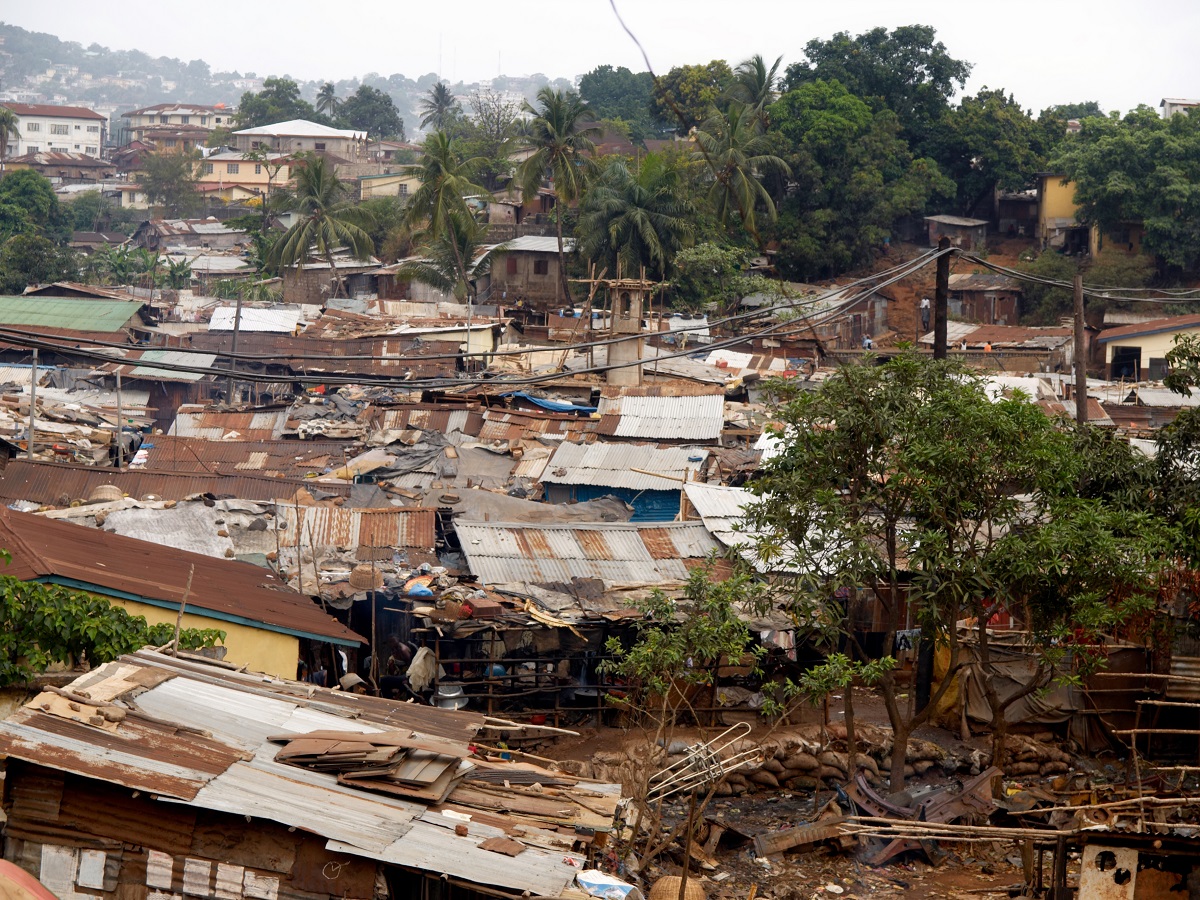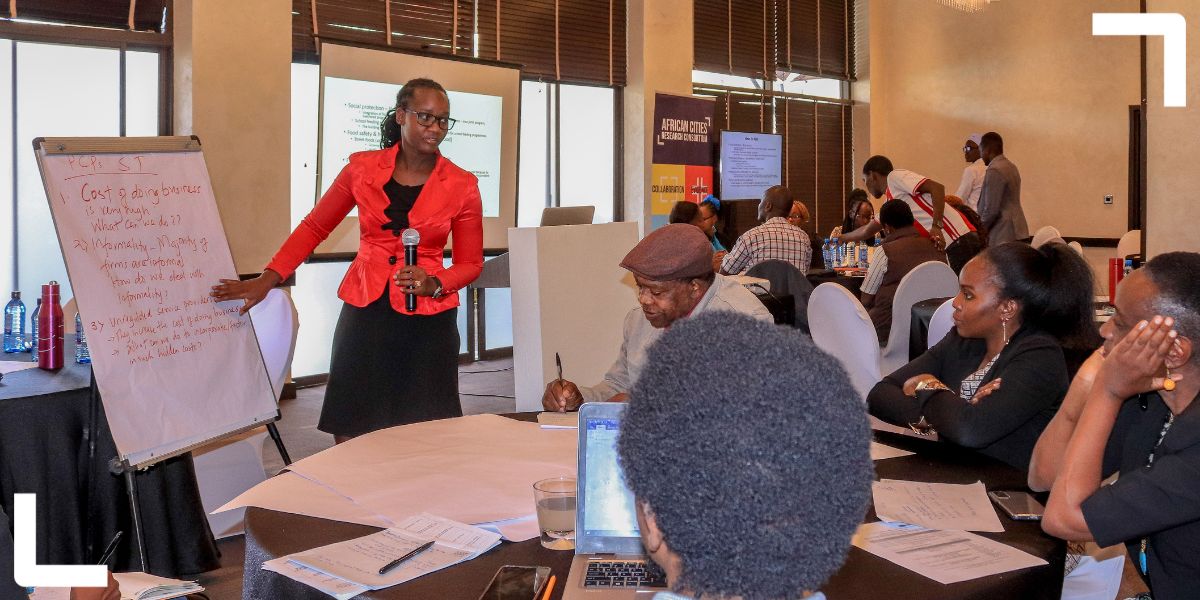By Clare Degenhardt, Chris Jordan and Hannah van Rooyen
African cities are dealing with a range of interlocking, dynamic and seemingly intractable challenges – from managing rapid expansion, addressing rising demand for overstretched services and dealing with unpredictable climate events, to trying to ensure decent jobs for their youthful populations.
It’s within this context that the African Cities Research Consortium is operating. Through research that builds evidence and supports coalitions of urban reformers, we aim to show how complex problems in African cities can be solved collectively. We hope these efforts will also be useful to reformers and development organisations beyond our focus cities.
Ultimately, we want to foster the development of prosperous, inclusive cities with enhanced services and more equitable local governance. We want to help improve the living conditions and life chances for all urban residents, especially disadvantaged communities.
In each of our focus cities, we have been undertaking research to deeply understand the city systems, political settlements and urban development domains – and the interplay between them. One of the main aims of this research is to identify the “priority complex problems” within a city, which we can then address in the implementation phase of the project.

“Panbody” housing in the informal settlement of Kroo Bay in Freetown, Sierra Leone. ACRC researchers in Freetown are working on identifying PCPs across a number of domains, including housing and informal settlements. Photo credit: Abenaa / iStock
But what is a “priority complex problem” in the first place?
We understand priority complex problems (PCPs) as:
A process that is preventing the achievement of poverty reduction and/or economic development and/or exacerbating the climate emergency. Specifically, processes that are related to the political economy and associated political relations, and system failures, particularly those related to the lack of system integration.
We are particularly interested in complex problems that are stopping a city from achieving its potential. Our integrated systems approach is also designed to address political constraints to reform.
As our foundation phase research in many cities concludes, we are actively identifying potential PCPs, with the help of community members, local authorities and other reformers. Along with our focus on political and systemic reform, we are looking for PCPs and approaches to addressing them that:
- Reflect needs across urban Africa
- Are substantive in scale
- Offer solutions that would enable significant improvements to citizen wellbeing and/or pro-poor economic growth
- Are significant to national and local government, civil society organisations and other stakeholders
- Are approaches of interest to epistemic communities, politically feasible and have buy-in from local actors
- Are potential pioneer reforms – that trigger further reform efforts
- Are realisable within the ACRC programme in the short (three years) and medium (six years) term
Approaches to addressing PCPs will form the basis for ACRC’s subsequent action-research-oriented interventions. Ultimately, we are interested in projects that are related to political, political economy or systemic challenges and that have reform implications – rather than projects whose objective is solely technical or social.
Building a portfolio of PCP interventions
We are currently consolidating individual problems identified by researchers, and potential approaches to addressing them. After identifying a range of salient issues, we’ll undertake further feasibility scoping to examine precisely what the ACRC team could do to help tackle them in different cities.
Scoping will examine what has been tried previously and why these attempts have failed. Understanding which solutions key stakeholders and reformers favour – and why – is essential to this process. A clear understanding of the strengths, weaknesses and opportunities to scale the chosen solution is also key.
Through this process, we will build a portfolio of different interventions – focused around different domains, and at different scales – in an effort to catalyse research-informed reforms that will effectively tackle the problems we identify. Where they’re successful, we hope these efforts will also be useful to reformers and development organisations beyond our focus cities.
As this process develops, we’ll share more details on what’s happening where – and how efforts to address PCPs are progressing. Do check back on the blog, and sign up for e-news updates so you can follow the story.
Header photo credit: Know Your City TV. ACRC workshop to identify PCPs in Nairobi.
The African Cities blog is licensed under Creative Commons Attribution-NonCommercial-NoDerivatives 4.0 International (CC BY-NC-ND 4.0), which means you are welcome to repost this content as long as you provide full credit and a link to this original post.


